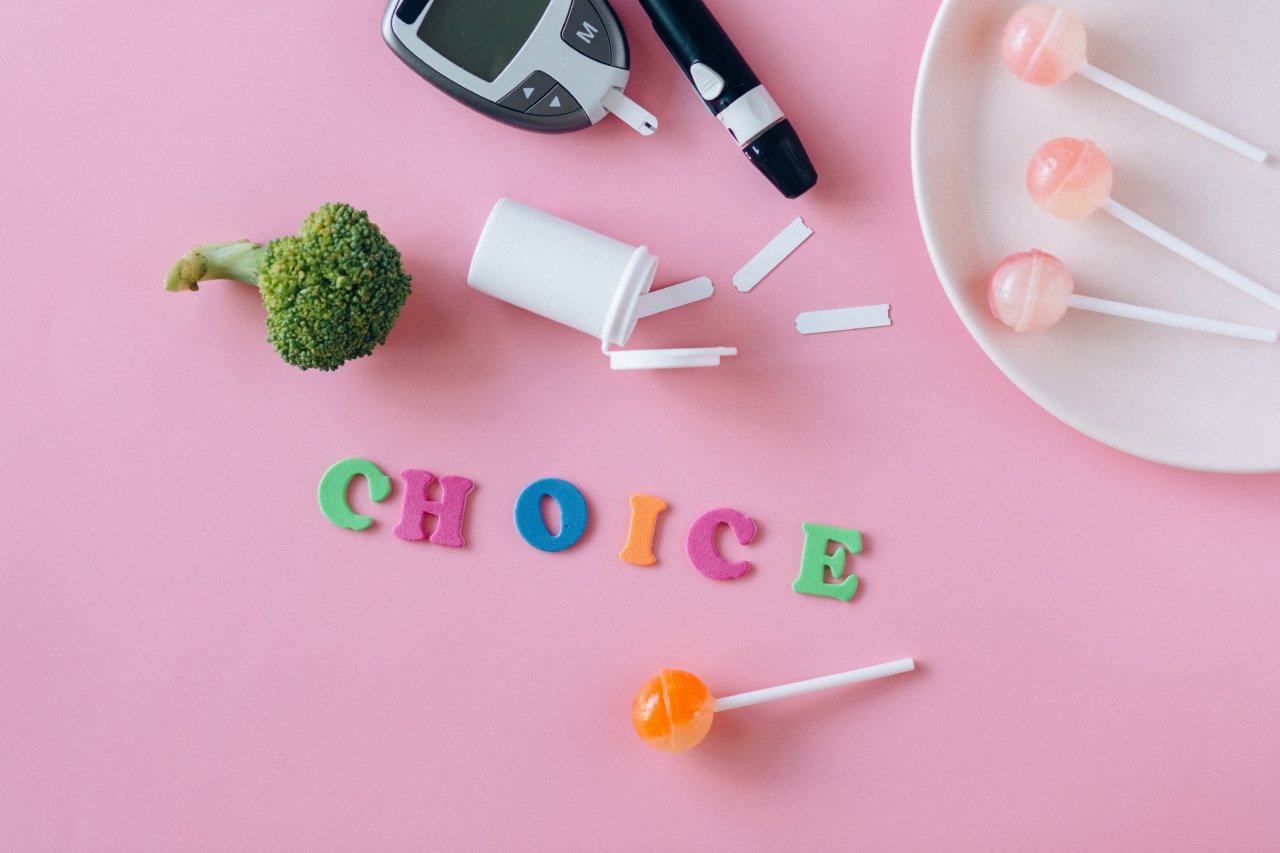Cholesterol is a waxy substance found in the cells of our body. Although it is essential for various bodily functions, too much cholesterol can have detrimental effects on our health.
High cholesterol levels have been linked to an increased risk of heart disease and stroke, which are leading causes of death worldwide.
The Role of Food Choices in Cholesterol Levels
What we eat plays a significant role in determining our cholesterol levels. Some foods, especially those high in saturated and trans fats, can increase the levels of “bad” cholesterol in our bloodstream.
On the other hand, certain foods, such as those rich in omega-3 fatty acids, can help raise the levels of “good” cholesterol.
What Happens in Our Body After a High-Cholesterol Meal?
When we consume a meal high in cholesterol, our body goes through several processes that can impact our health in the long run. Let’s take a closer look at what happens inside our body after a night of indulging in cholesterol-rich foods.
1. Digestion and Absorption
As soon as we consume a high-cholesterol meal, the process of digestion begins. Our body breaks down the food into smaller particles, and the cholesterol is absorbed into the bloodstream through the small intestine.
2. Transporting Cholesterol through the Bloodstream
Cholesterol cannot dissolve in blood, so it combines with protein to form lipoproteins for transportation.
These lipoproteins are of two types: low-density lipoprotein (LDL), commonly known as “bad” cholesterol, and high-density lipoprotein (HDL), known as “good” cholesterol.
3. The Impact of LDL Cholesterol
Once LDL cholesterol is formed, it is transported throughout the body. However, when there is an excessive amount of LDL cholesterol in the bloodstream, it can build up in the walls of the arteries, forming plaques.
Over time, these plaques can narrow the arteries, restricting blood flow and increasing the risk of heart disease and stroke.
4. The Role of HDL Cholesterol
HDL cholesterol, the “good” cholesterol, plays a crucial role in preventing heart disease. It helps remove excess cholesterol from the bloodstream and transports it back to the liver, where it can be excreted from the body.
Higher levels of HDL cholesterol are associated with a lower risk of heart disease.
5. Influence of Food Choices on Cholesterol Levels
The food choices we make can significantly impact our cholesterol levels. Foods high in saturated and trans fats, such as fried and processed foods, can increase LDL cholesterol levels.
On the other hand, incorporating more fruits, vegetables, whole grains, and healthy fats into our diet can help raise HDL cholesterol levels.
6. Lifestyle Factors
Aside from food choices, several lifestyle factors also influence our cholesterol levels.
Lack of physical activity, smoking, excessive alcohol consumption, and obesity can all contribute to high cholesterol levels and an increased risk of heart disease.
7. How Last Night’s Food Choices Can Impact Health
Now that we understand the processes involved in cholesterol metabolism and how food choices impact cholesterol levels, let’s delve into how last night’s food choices can specifically impact our health.
8. Elevated LDL Cholesterol Levels
If our last night’s food indulgence included foods high in saturated and trans fats, it’s likely that our LDL cholesterol levels have increased.
The excess LDL cholesterol can start building up in the arterial walls, eventually leading to atherosclerosis and increasing the risk of heart disease.
9. Increased Triglyceride Levels
High-cholesterol meals often contain large amounts of triglycerides, which are fats found in our blood. Elevated levels of triglycerides are associated with an increased risk of heart disease and pancreatitis.
10. Lowered HDL Cholesterol Levels
Poor food choices can also lower our levels of “good” HDL cholesterol. Low levels of HDL cholesterol are a risk factor for heart disease, as it reduces the ability to remove excess cholesterol from the bloodstream.
Conclusion
Our last night’s food choices have a significant impact on our cholesterol levels and overall health.
By understanding the processes involved in cholesterol metabolism, we can make informed decisions about our diets and make choices that promote heart health. Incorporating a balanced diet and adopting a healthy lifestyle can help maintain optimal cholesterol levels and reduce the risk of heart disease.




























